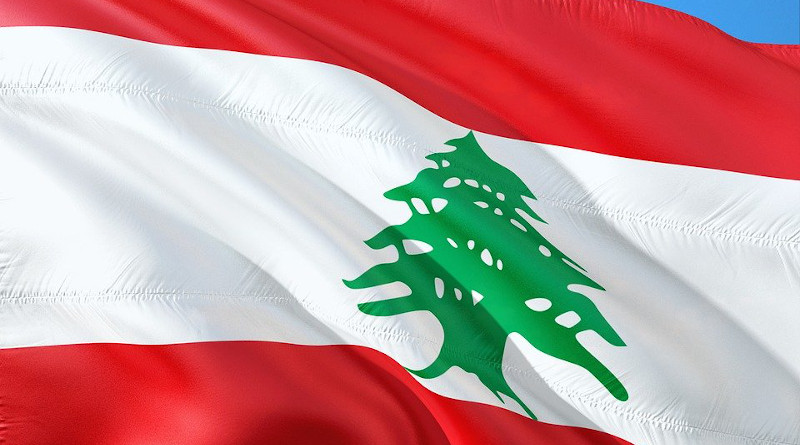UN Tribunal Verdict Failed To Provide Answers To Hariri Assassination – Analysis
By VOA
By Dale Gavlak
Arab leaders and analysts have expressed dismay and disappointment over the U.N.-backed tribunal’s verdict on the 2005 assassination of former Lebanese Prime Minister Rafik Hariri. Analysts consider the killing to be a seismic event that changed the region’s history. It led to the Syrian military’s expulsion from Lebanon after 30 years of exerting full domination over the country. They also say the ruling failed to provide needed answers, 15 years on, as to who was behind the assassination.
The U.N.-backed tribunal found Hezbollah member Salim Ayyash guilty as a co-conspirator in the Beirut bombing that killed Hariri and 21 other people. Three other Hezbollah members were acquitted, but the court found no evidence of direct involvement by the leadership of Hezbollah or the Syrian government – something Hariri’s son, Saad, challenges. He said the verdict showed Hezbollah was responsible.
Some analysts believe the verdict gives Saad Hariri, a former Sunni Muslim prime minister, leverage to bring Hezbollah to justice. But others, like Habib Malik of the Lebanese American University, told VOA he does not think this will happen.
“There was zero movement on the Sunni street in Lebanon after they heard the verdict,” he said. “They are extremely disappointed, very, very frustrated. There is no leadership. Hariri himself added to their frustration by seeming to kind of agree and absorb what this verdict produced which was far less than expected in terms of an indictment. It pinned the whole thing on one person. How could one person arrange for all this tonnage of explosives and put the whole thing together. Obviously, it was a huge network. After 15 years, they actually stopped short of naming the entire network.
Regional heavyweight Saudi Arabia, too, says Hezbollah must now face justice. A statement from the Saudi Foreign Ministry says, “Lebanon, the region and the world” must be protected “from terror acts committed by this group, that is being used as a tool by the Iranian regime.”
A billionaire businessman, Rafik Hariri, made his fortune in Saudi Arabia before serving as Lebanon’s Prime Minister several times. Many believe he was killed because he wanted to end Syria’s meddling in Lebanon. He was credited with leading Lebanon to stability and its economic boom following the end of the civil war in 1990.
The United Arab Emirates’ Gulf News editorial called the court’s verdict only “partial justice for Lebanon, the Hariri family and dozens of families of the innocent victims of the 2005 terrorist bombing.” It said “now, the Lebanese people await its implementation. And that is the responsibility of the Lebanese government.”
But how will this happen, Malik asks, when Hezbollah leader Hassan Nasrallah had already vowed never to turn over the defendants, and when Hezbollah is the dominant military and political force in Lebanon.
Others said they also found the ruling “toothless,” rather aimed more at containing the political repercussions of Hariri’s assassination, than determining who ordered the killing.
Political commentator Nizar Abdel Qader told The National newspaper in Dubai: “This was a political crime par excellence. Justice in such a case is not achieved by only going after those who executed the murder,” he said.

